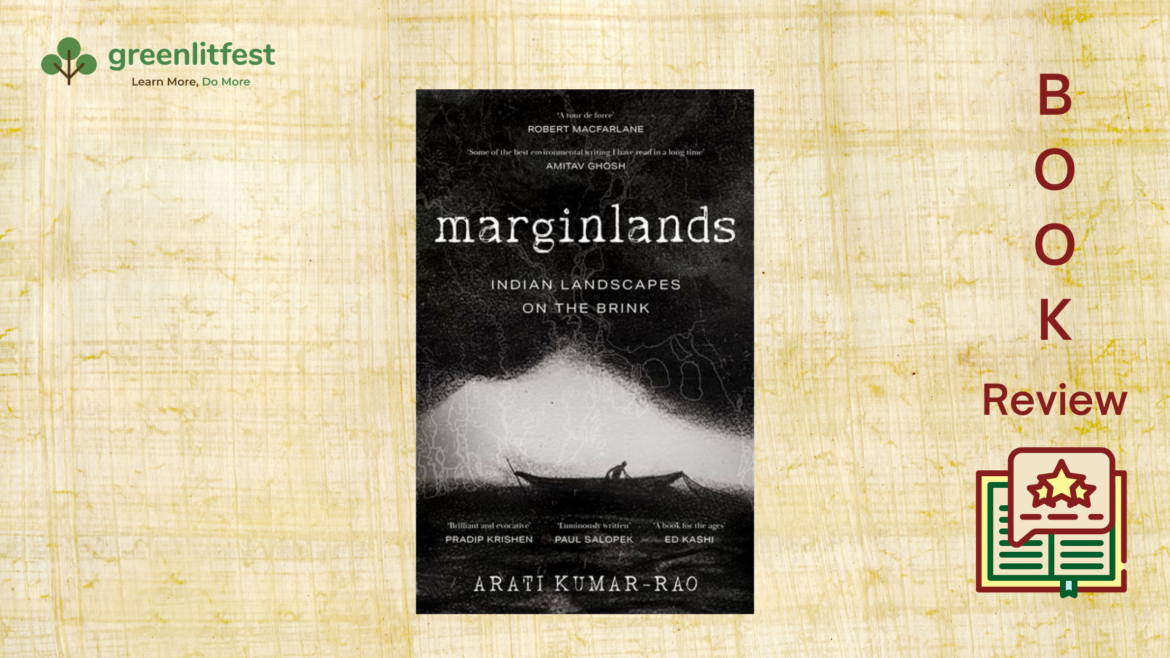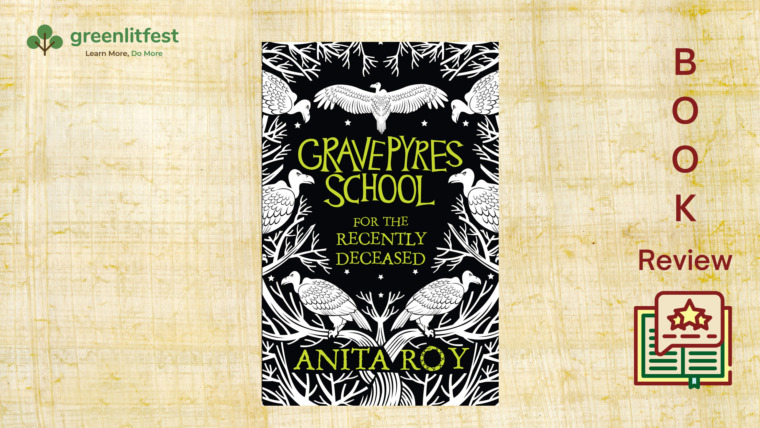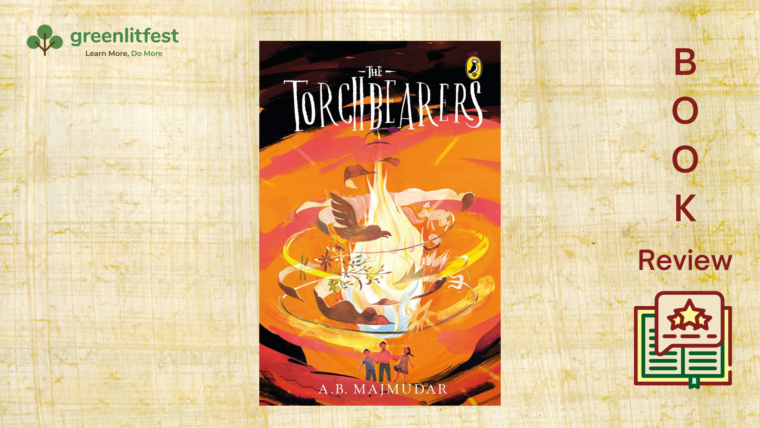Reviewed by Stephen Alter
Some of the most catastrophic environmental crises like oil spills, flash floods or wildfires, often occur along the edges of a landscape, such as coastlines, riverbanks, or the degraded perimeter of a forest. These biogeographical spaces also tend to be the most fragile and vulnerable ecological zones, where human beings share a tenuous existence with a multitude of other species, many of which are endangered. Those people who inhabit peripheral terrain desperately cling to habitation and livelihoods that are threatened both by natural disasters and ill-conceived development ventures, particularly large infrastructure projects like mega-ports, dams and multi-lane highways.
Arati Kumar-Rao’s book, Marginlands: Indian Landscapes on the Brink, chronicles her journeys to a diverse array of abused landscapes in different parts of the country. She traverses remote deserts in the borderlands of Rajasthan, constantly shifting riverine islands along the Brahmaputra in Assam, and the intertidal edge-waters of Mumbai and Goa, as well as many other topographical features of the subcontinent that mark points of friction between elemental forces of nature and the intrusive, acquisitive demands of human industry, agriculture and transportation. In each of these liminal ecosystems, she meets with people who face an uncertain future because their traditional relationship with the earth has been drastically disturbed by developments beyond their control.
Fisherfolk in the Sunderban delta of West Bengal are marooned on mangrove islands that are continually being eroded and inundated by cyclones and tidal currents. At the same time, these communities are confronted with diminishing numbers of crabs, prawns and migratory fish like the hilsa or shad that provide them with their primary source of income. They also suffer from the depredations of man-eating tigers, sharks and salt-water crocodiles. Aside from these immediate and fatal dangers, many of the problems they face are a consequence of activities and interventions much further upstream. For example, the Farakka Barrage, which blocks the flow of the Ganga, disturbs the natural process of siltation and causes increased levels of salinity in Sundarban estuaries. All along the Ganga, endangered aquatic wildlife like Gangetic dolphins and gharial crocodiles are facing an onslaught of threats such as pollution, dams, shipping and dredging.
Not all of the stories in this book are parables of gloom and doom. Some indigenous communities, individuals and institutions have responded to local environmental problems with both traditional and innovative solutions. In the arid highlands of Ladakh, Sonam Wangchuk, an engineer and educator, has developed a simple yet ingenious system of storing water by creating artificial glaciers that he refers to as ice stupas. In the Thar desert, hardy shepherds know that certain sand dunes contain buried reservoirs of freshwater that can be harvested using an age-old method of hand-dug percolation wells known as beri.
As a nature writer, Arati Kumar-Rao employs an evocative and lyrical tone, even when she is describing the grim statistics of pollution or climate change. She has an acute sensitivity for the subtle nuances of imperiled landscapes, their brittle beauty and seasonal rhythms. The text is illuminated with the author’s own artwork, which presents haunting black and white images of the places she visits. At many points, her prose verges on poetry, though it maintains an unambiguous and urgent call for conservation while promoting a scientific understanding of natural phenomena. As she recounts her conversations with the people she encounters, their voices convey a deep and enduring empathy with the earth as well as the flora and fauna it sustains.
Some of Kumar-Rao’s destinations are full of paradoxical enigmas, such as the shifting course of the Ganga where it forms the state border between West Bengal and Jharkhand. After the river was diverted by siltation, as a result of the Farakka Barrage, a large community of villagers were displaced and found themselves stranded on the opposite shore from where they used to live. Because of the fluid nature of this border, they now find themselves neither here nor there, unable to access state government services from either side. And in the northeastern corner of Arunachal Pradesh, Kumar-Rao treks into the mystical valley of Pemako, where the Siang River, which is known as the Tsangpo in Tibet, where it has its source, passes through densely forested gorges before emerging into the lowlands of Assam and ultimately becomes the Brahmaputra.
Perhaps the most remarkable and commendable aspect of the author’s research is the way in which she has committed extended periods of time to persistently experience and understand the environments she explores. Unlike many so-called experts, she doesn’t parachute into a place and pronounce snap judgements. Rather, she takes her time to comprehend and appreciate the complexities of geographical and ecological change.
Marginlands is a compelling and compassionate testament to the resilience of wild places, even in the face of rampant exploitation and abuse. This book is an integrated compendium of stories, including personal, scientific and mythological narratives that will, hopefully, inspire readers to appreciate and fight to protect what little remains of our natural world.
Author: Arati Kumar-Rao
Publisher: Picador India (hardback, published June 2023, Rs 699)
Stephen Alter is the author of more than 20 books of fiction and non-fiction. He was born in Mussoorie, Uttarakhand, and much of his writing focuses on the Himalayan region. Some of his award-winning books include Wild Himalaya: A Natural History of the Greatest Mountain Range on Earth (Aleph 2019), Becoming a Mountain: Himalayan Journeys in Search of the Sacred and the Sublime (Aleph 2014), In the Jungles of the Night: A Novel about Jim Corbett (Aleph 2016) and Birdwatching: A Novel (Aleph 2022).



